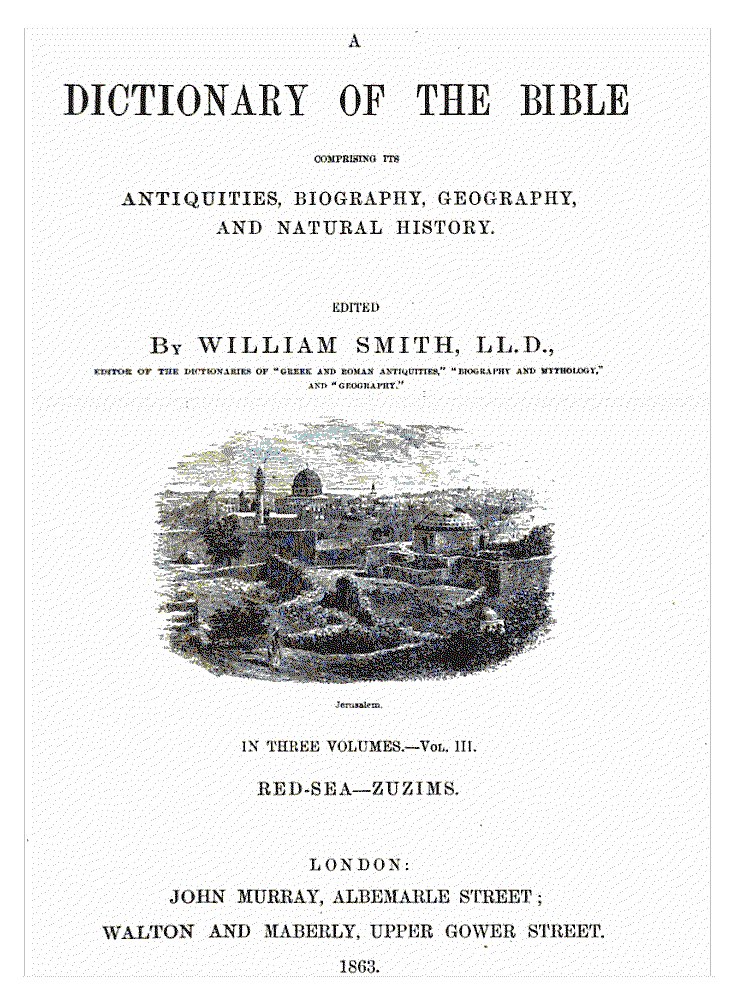VI. Jesus Christ Is God A. Explicit statements 1. Isa. 9:6; note 10:21. Translations which render "mighty hero," are inconsistent in their rendering of 10:21. Also note that Ezek. 32:21 is (a) not in the same context, as is Isa. 10:21, and (b) speaking of false gods, cf. I.G.5. above. 2. John 1:1 Even if Jesus is here called "a god" (as some have argued), since there is only one God, Jesus is that God. However, the "a god" rendering is incorrect. Other passages using the Greek word for God (theos) in the same construction are always rendered "God": Mark 12:27; Luke 20:38; John 8:54; Phil 2:13; Heb. 11:16. Passages in which a shift occurs from ho theos ("the God") to theos ("God") never imply a shift in meaning: Mark 12:27; Luke 20:37- 38; John 3:2; 13:3; Rom. 1:21; 1 Thess. 1:9; heb. 9:14; 1 Pet. 4:10- 11 3. John 1:18. The best manuscripts have "the unique God" (monogenês, frequently rendered "only-begotten," actually means "one of a kind," "unique," though in the NT always in the context of a son or daughter). Even if one translates "only-begotten," the idea is not of a "begotten god" as opposed to an "unbegotten god." 4. John 20:28. Compare Rev. 4:11, where the same construction is used in the plural ("our") instead of the singular ("my"). See also Psa. 35:23. Note that Christ's response indicates that Thomas' acclamation was not wrong. Also note that John 20:17 does show that the Father was Jesus' "God" (due to Jesus becoming a man), but the words "my God" as spoken by Thomas later in the same chapter must mean no less than in v. 17. Thus, what the Father is to Jesus in His humanity, Jesus is to Thomas (and therefore to us as well). 5. Acts 20:28: "the church of God which He purchased with His own blood." The variant readings (e.g. "the church of the Lord") show that the original was understood to mean "His own blood," not "the blood of His own [Son]" (since otherwise no one would have thought to change it). Thus all other renderings are attempts to evade the startling clarity and meaning of this passage. 6. Rom. 9:5. While grammatically this is not the only possible interpretation, the consistent form of doxologies in Scripture, as well as the smoothest reading of the text, supports the identification of Christ as "God" in this verse. 7. Titus 2:13. Grammatically and contextually, this is one of the strongest proof-texts for the deity of Christ. Sharp's first rule, properly understood, proves that the text should be translated "our great God and Savior" (cf. same construction in Luke 20:37; Rev. 1:6; and many other passages). Note also that Paul always uses the word "manifestation" ("appearing") of Christ: 2 Thess. 2:8; 1 Tim. 6:14; 2. Tim. 1:10; 4:1, 8. 8. Heb. 1:8. The rendering, "God is your throne," is nonsense - God is not a throne, He is the one who sits on the throne! Also, "God is your throne," if taken to mean God is the source of one's rule, could be said about any angelic ruler - but Hebrews 1 is arguing that Jesus is superior to the angels. 9. 2 Pet. 1:1. The same construction is used here as in Titus 2:13; see the parallel passages in 2 Pet. 1:11; 2:20; 3:2, 18. 10. 1 John 5:20. Note that the most obvious antecedent for "this" is Jesus Christ. Also note that the "eternal life" is Christ, as can be seen from 1:2. B. Jesus is Jehovah/Yahweh 1. Rom. 10:9-13: Note the repeated "for," which links these verses closely together. The "Lord" of 10:13 must be the "Lord" of 10:9, 12. 2. Phil. 2:9-11. In context, the "name that is above every name" is "Lord" (vs. 11), i.e., Jehovah. 3. Heb. 1:10: Here God the Father addresses the Son as "Lord," in a quotation from Psa. 102:25 (cf. 102:24, where the person addressed is called "God"). Since here the Father addresses the Son as "Lord," this cannot be explained away as a text in which a creature addresses Christ as God/Lord in a merely representational sense. 4. 1 Pet. 2:3-4: This verse is nearly an exact quotation of Psa. 34:8a, where "Lord" is Jehovah. From 1 Pet. 2:4-8 it is also clear that "the Lord" in v. 3 is Jesus. 5. 1 Pet. 3:14-15: these verses are a clear reference to Isa. 8:12-13, where the one who is to be regarded as holy is Jehovah. 6. Texts where Jesus is spoken of as the "one Lord" (cf. Deut. 6:4; Mark 12:29): 1 Cor. 8:6; Eph. 4:5; cf. Rom. 10:12; 1 Cor. 12:5. C. Jesus has the titles of God





